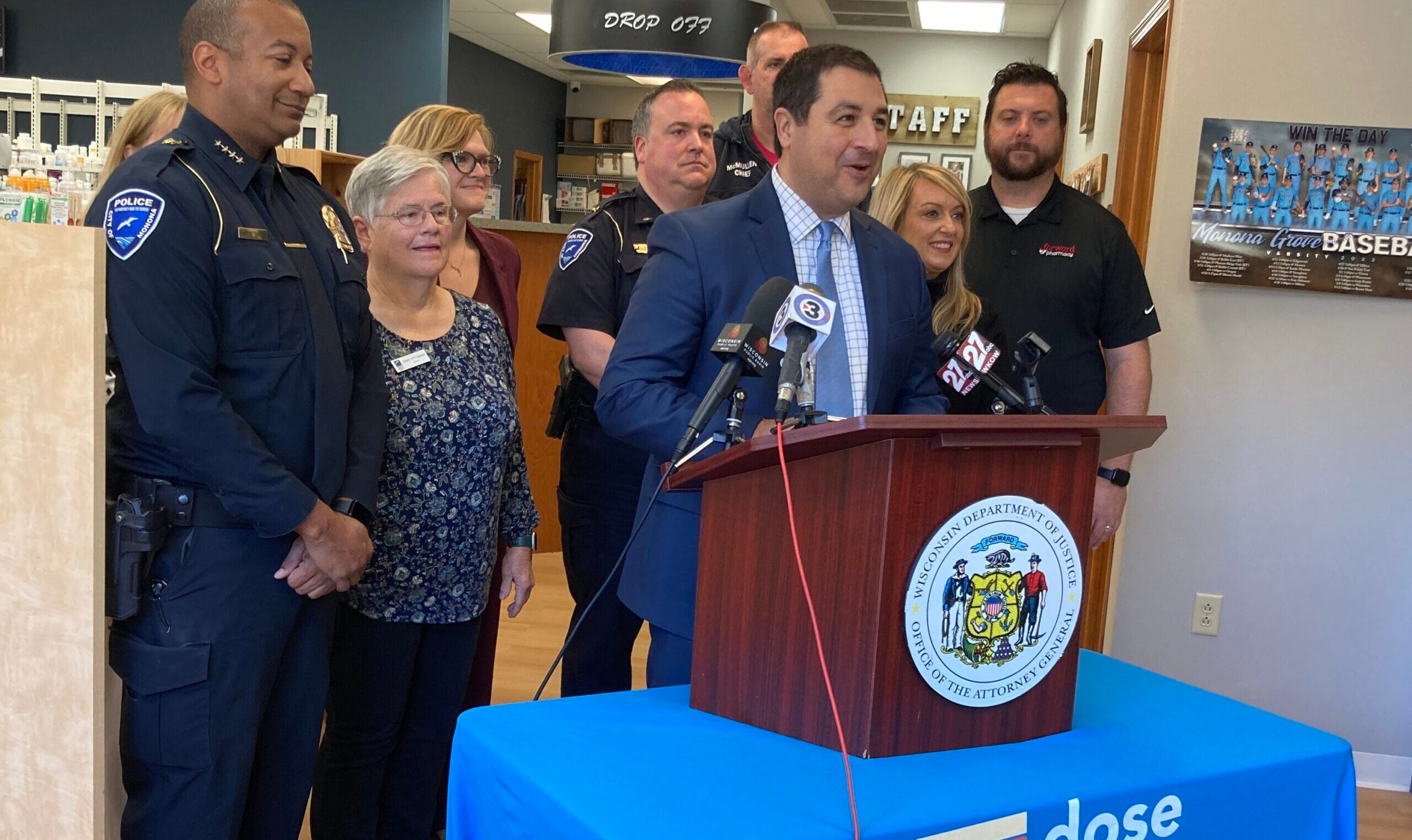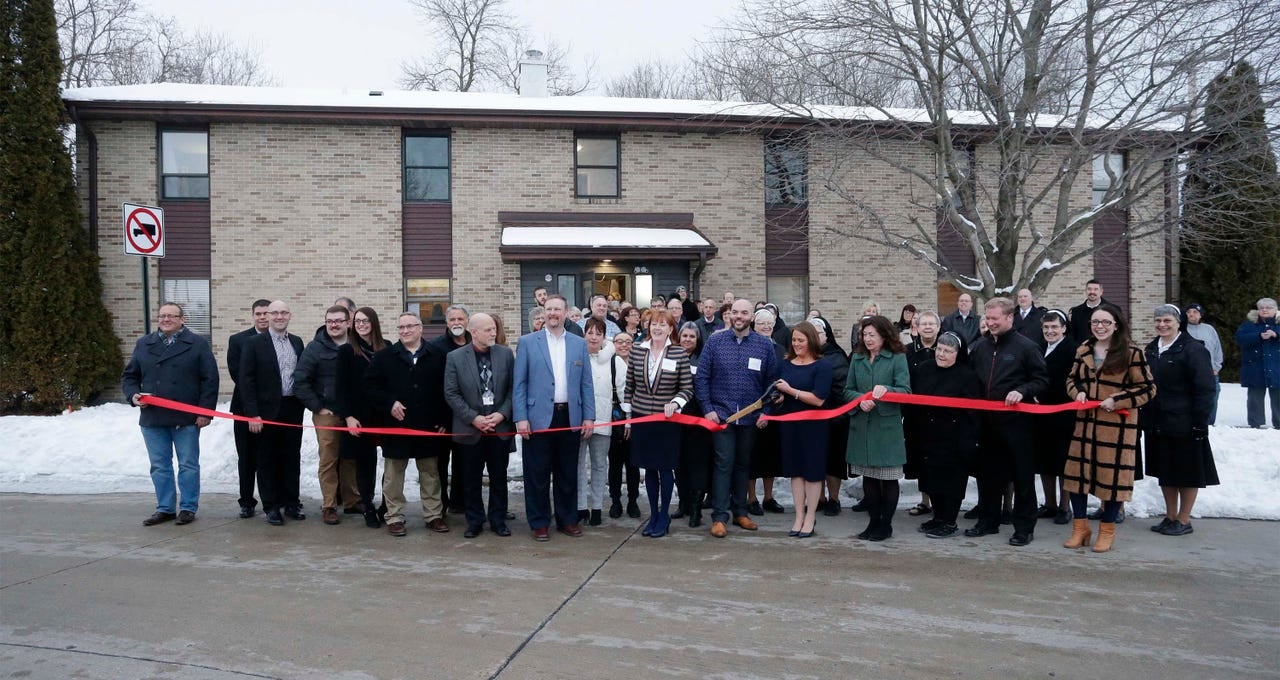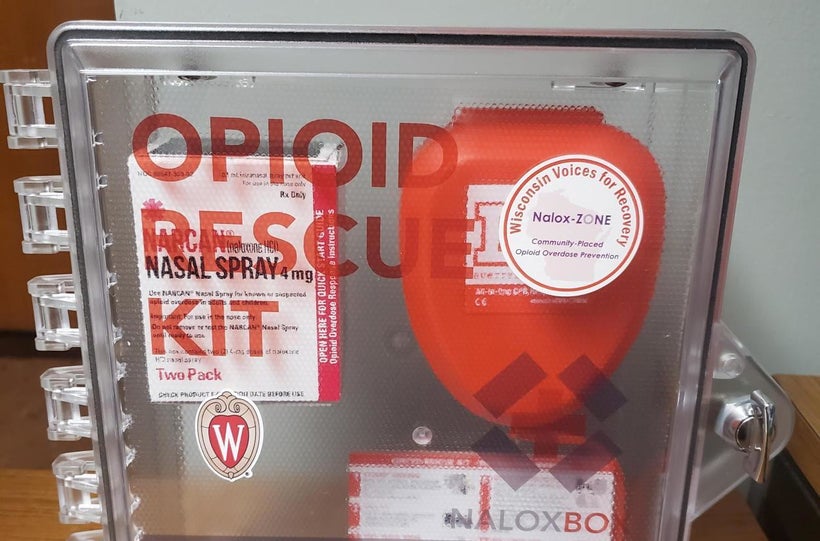Wisconsin Attorney General Josh Kaul says the state has made progress raising awareness of the dangers of opioids but needs to do more with drug take-back programs and continue to reduce the amount of painkillers doctors prescribe.
Kaul spoke Tuesday in Green Bay at a statewide opioid conference hosted by the state Department of Health Services.
Prevention, accountability and treatment are needed to address the opioid crisis, he said, emphasizing many people can’t find or can’t afford drug treatment.
Stay informed on the latest news
Sign up for WPR’s email newsletter.
“It’s far too difficult to access treatment in many parts of Wisconsin,” Kaul said.
Gov. Tony Evers included more money for behavioral health in his budget proposal tied to Medicaid expansion under the Affordable Care Act. Evers is counting on federal money to cover an additional 82,000 Wisconsin residents while, at the same time, freeing up $320 million in state funding over two years.
But the Democratic governor and Republican lawmakers disagree on the issue. GOP leaders have called the Medicaid expansion a nonstarter.
Tuesday, Kaul called for effective mental health and substance abuse programs in schools and more drug treatment in prisons along with diversion programs to keep offenders out of jail.
He did not talk about decriminalizing marijuana, which Republican leaders oppose, but did note other states allow medical marijuana as an alternative to opioid pain killers.
“My view is that I would rather have a doctor prescribing that patient medical marijuana than an opioid in almost every case,” he said.
As prescriptions for opioid painkillers have gone down in Wisconsin the drug epidemic has taken a turn. Methamphetamine use is rising and street drugs like heroin can be laced with fentanyl. The state’s law enforcement has to focus on large-scale traffickers, Kaul said, and learn what caused the crisis so Wisconsin and other states don’t repeat the mistakes that allowed it to develop.
Wisconsin Public Radio, © Copyright 2024, Board of Regents of the University of Wisconsin System and Wisconsin Educational Communications Board.







